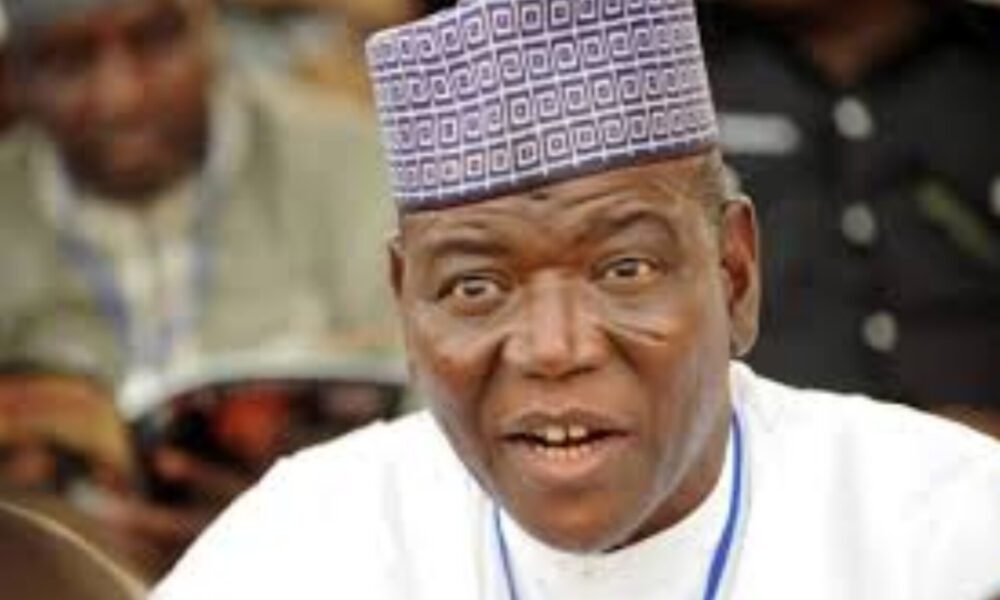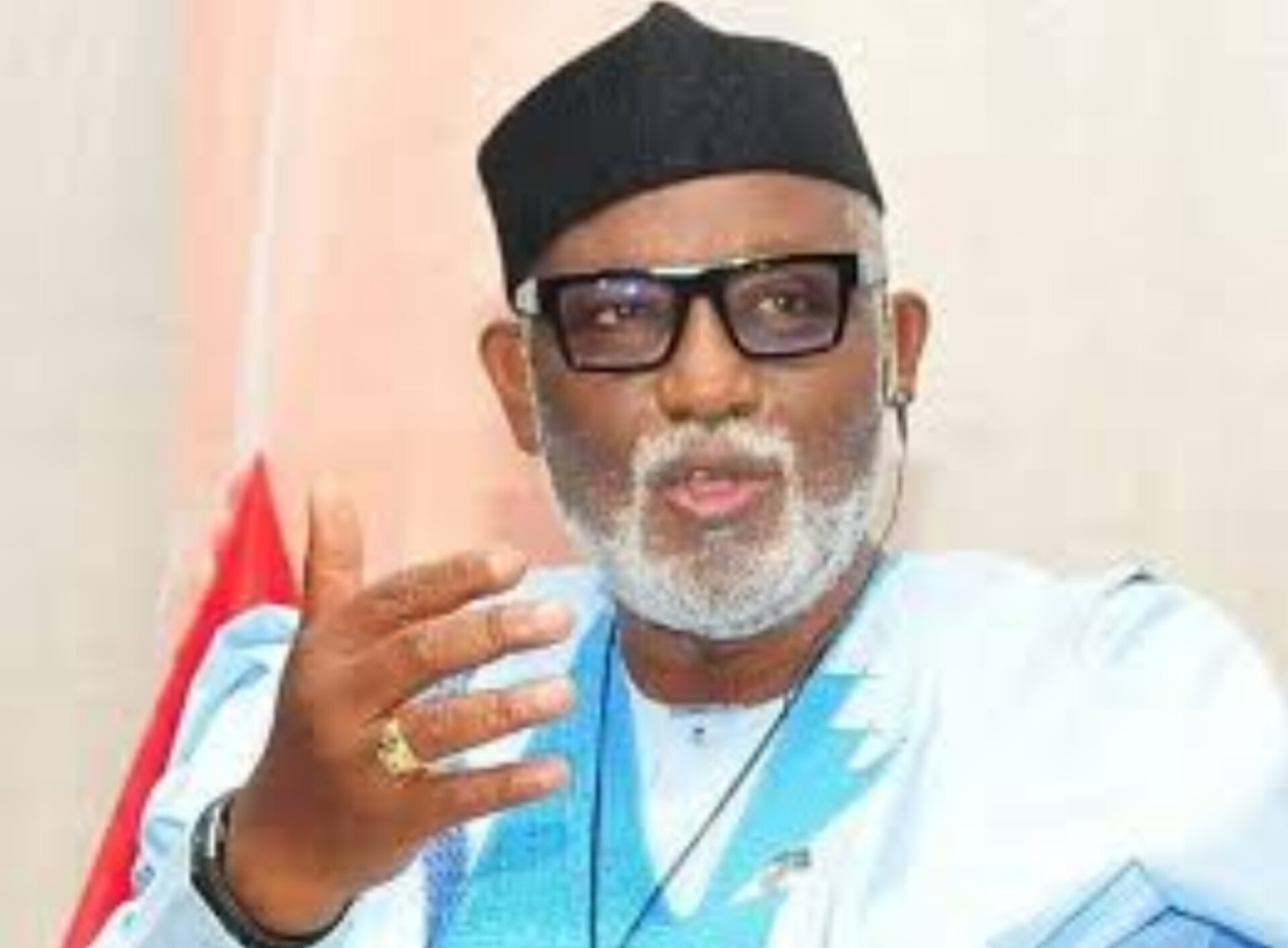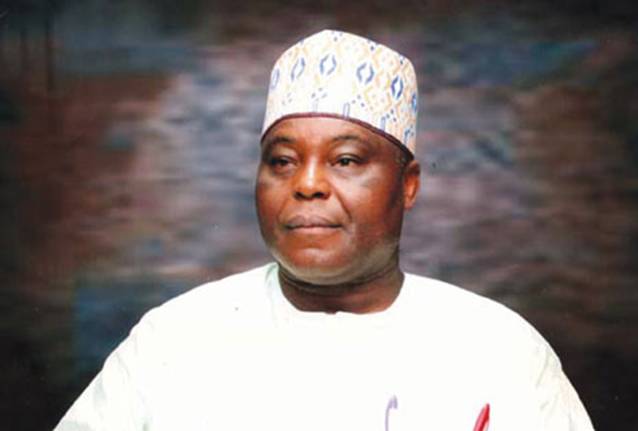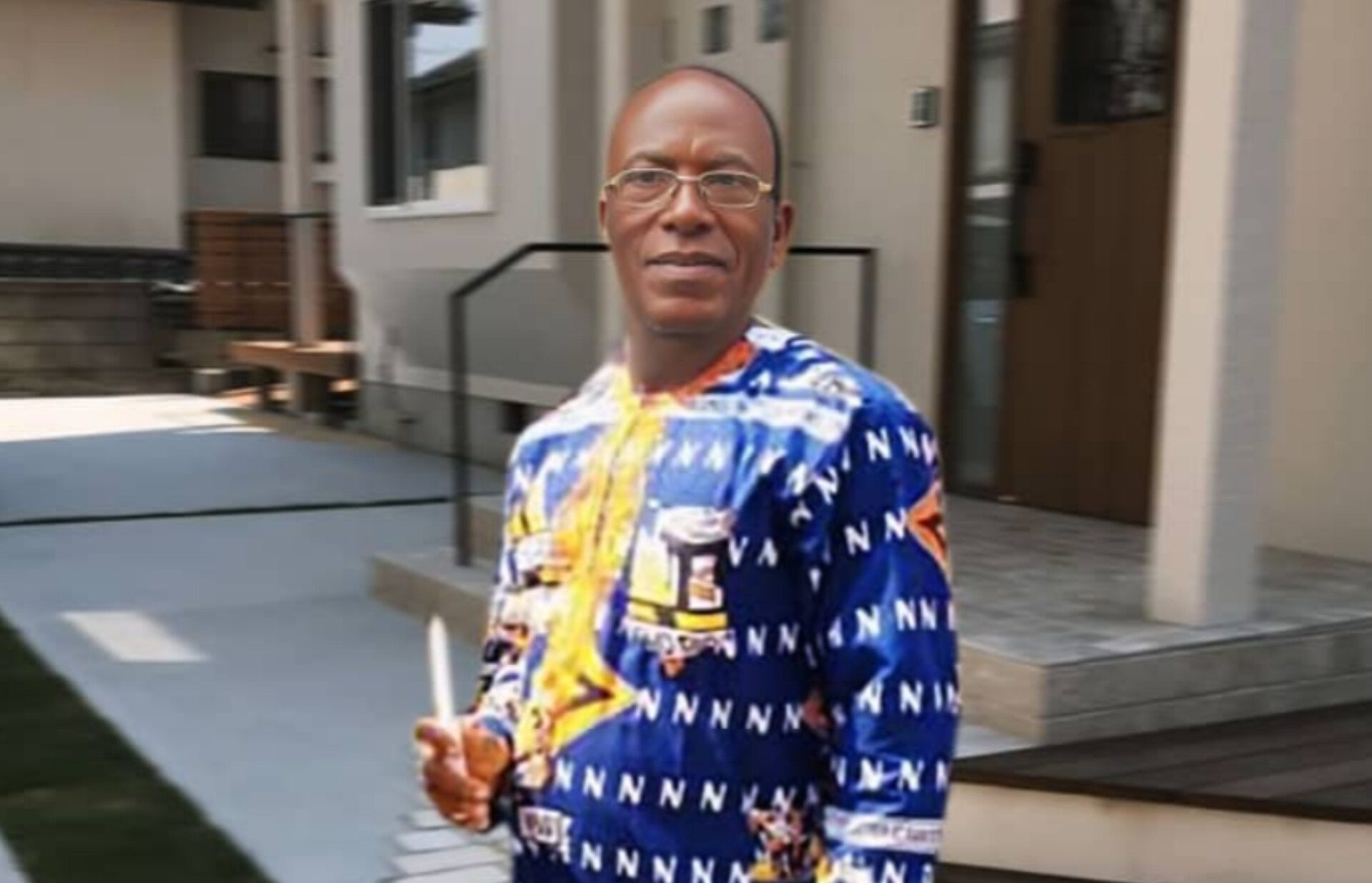By Adamu Muhd Usman
For those closely connected to His Excellency, the former Governor of Jigawa State, Dr. Sule Lamido (CON), it is not a surprise that a high-powered delegation from the Jigawa State government, led by the Secretary to the State Government (SSG) Alhaji Bala Ibrahim (Mamser), visited Sule Lamido. Their purpose was to express appreciation and gratitude for Lamido’s generous donation of his magnificent mansion in his hometown of Bamaina, in the Birnin-Kudu area of Jigawa State, to the state university named after him: Sule Lamido University, Kafin-Hausa. The mansion will serve as the Islamic Research Centre, after his demise. Allahu Akbar (God is great).
Every patriotic Jigawa indigene should or must eulogise Sule Lamido for establishing the Jigawa State University in order to afford the state indigenes more access to higher education opportunities. Before the establishment of the state university, many eligible candidates of Jigawa origin who sought admission into higher institutions (universities) were left out due to the lack of opportunities, hence the warm welcome with which Jigawa citizens received the establishment of the state university.

In 2007 Sule Lamido inherited an agrarian state. Virtually everything was dilapidated, especially the educational sector. The backwardness in education made Jigawa the most disadvantaged state in the country, and its people were sharply divided. In terms of development, Jigawa State lagged behind in all respects, especially with the deterioration of education. Samuel M. Lindsay once said, “The quality of education and the level of educational attainment of a people determine the quality of its leaders and people.
Sule Lamido had prioritised education to the core and also allocated a lot of money in his budget every year to the educational sector in order to bridge the gap or to give rebirth to education at all levels when he held sway as the governor of the state to the extent that when he left office in 2015, Jigawa was a state driven by knowledge.
The donation of that house to the state university is the least Sule Lamido can do for Jigawa and its people. Lamido has sacrificed his life for the emancipation of the downtrodden. Lamido was jailed several times during the PRP days and the military junta, all for the sake of the happiness and wellbeing of the common man. Lamido in person and the legacies he left behind will, for centuries to come or forever linger in the hearts of Nigerians, especially the Jigawa people, specifically Kafin-Hausa town. Miyyati alaraini (thank you)
Lamido has set the pace for any Jigawa governor to come after him. We hope and pray that the present governor, Malam Umar Namadi (FCA), a.k.a. Dan Modi, will make a difference in that regard with reference to Sule Lamido University.
Though some indices and other things he started from its inception towards improving the school and making the varsity excel are signs he will do well and are worth extolling.
The most astonishing one is the rapid, ongoing faculty of medicine project.
The appointment of
Prof. Muhammad Ibrahim Yakasai, as the new Vice Chancellor of Sule Lamido University, Kafin-Hausa on December 5th, 2023, by governor Namadi is another step in the right direction to making the university a fantastic educational environment because he is a good and sound educationist with vast experience in administration and knowledge.
Also, the release of the N774,810,085,00K scholarship allowance to 26,835 Jigawa indigenes studying at different tertiary institutions in Nigeria with the exception of foreign students as allowance is part of Governor Namadi’s passion and commitment to higher education in the state.
The authorization of recruitment of more staffs in the university will bring about efficiency and smooth operation. The ongoing 150 housing estates project opposite the varsity to accommodate the staff is actually part of staff welfare. The continuation of student housing (hostel) is also ongoing to provide for conducive learning environment in the university.
We appeal to Governor Namadi to keep the tempo. In a few years, by the special grace of God, Sule Lamido University will compete with any university in west Africa, not even in Nigeria, not to mention the north. Because the university has all it takes to attain that; Security and safety are in place; there is conducive teaching and learning environment; the climate and weather conditions are conducive; affordable life; economic and moral aspects are obtainable. Even for affordability and ease of enrollment, it is the best in the country. Jigawa, here we come; SLU, here we are; sound education and good moral upbringing are available and attainable.
Adamu writes from Kafin-Hausa, Jigawa state.




